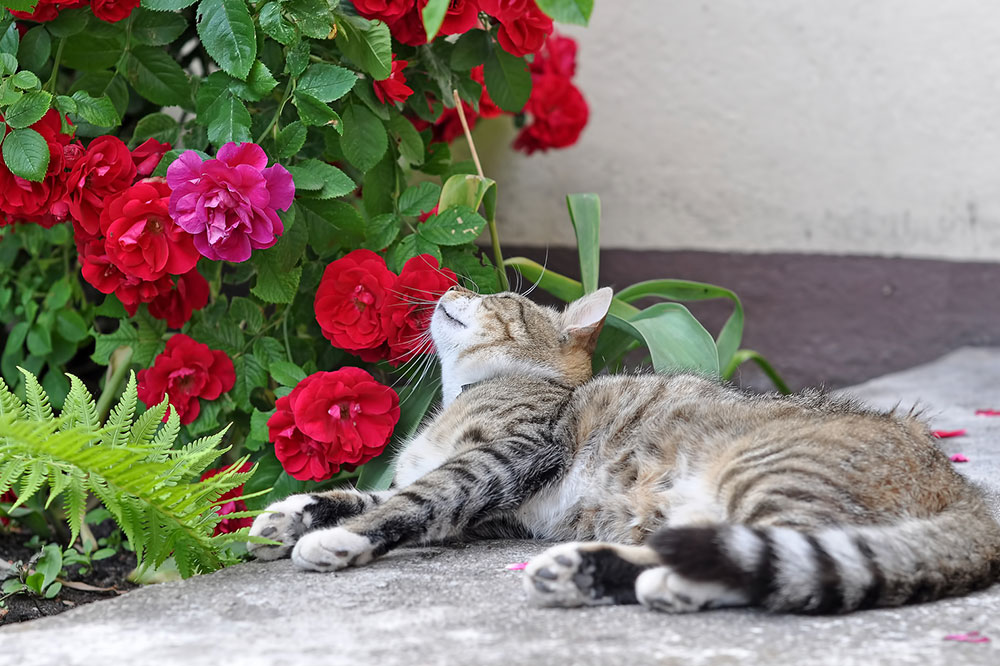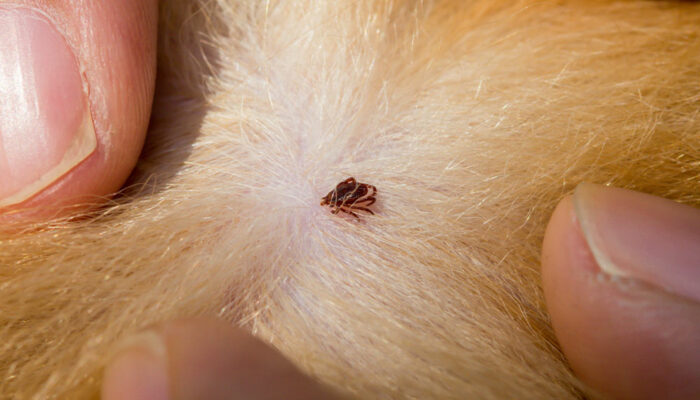
Keep Your Cat Away from These Toxic Plants
Cats like to explore the surroundings by moving around and even chew on a lot of things around them. Now, such curiosity can often become hazardous if they encounter any harmful or poisonous plants, and several plants can be dangerous to cats. So, cat owners must know about the most toxic plants for cats and keep them away from their homes. Let’s look at six of the most toxic plants for cats:
- Lily: All types of lilies, including tiger lilies, daylilies, and Easter lilies, are considered to be harmful to cats. They are immensely toxic and can lead to severe kidney failure. All parts of these plants, like the petals, stem, leaves, and pollen, can be dangerous, even in small quantities. If your cat has ingested or even been around lilies, you should consult a vet immediately.
- Cyclamen: Cyclamen is a gorgeous winter-flower that can cause fatal reactions in cats and lead to severe gastric problems if ingested, even in a small quantity. In large quantities, the tuber or the root of the plant can result in seizures or cardiac arrest.
- Tulips, daffodils, and hyacinth: All these plants can be considered among the most toxic plants for cats as they can cause gastric problems, especially when the bulbs of the plant are ingested. In severe cases, respiratory troubles and cardiac arrhythmia may be the result. So, ensure that you keep these plants away from your home if you have a cat.
- Sago palm: Sago palm resembles palm and is an immensely popular houseplant, but not so much for cat parents. These houseplants are not at all recommended for homes with cats as they are highly toxic. If cats chew on the leaves of this plant, it can cause chronic liver damage and may also be fatal. Certain other varieties of this plant, like cardboard palms, are also listed among the most toxic plants for cats.
- Rhododendron: The larger varieties of rhododendron that look like big shrubs are often grown outdoors, but smaller varieties can be used as houseplants. Having said that, they contain certain compounds that can be toxic to cats and result in severe gastric, nervous, and cardiovascular problems. If your cat ingests this, even in small quantities, it can prove to be fatal.
- Dieffenbachia: Commonly called dumb cane, this tropical plant variety is found in many households. If cats consume the leaves of this plant, they can experience symptoms like swelling, drooling, an intense burning sensation, or oral pain. They may also have difficulty in swallowing and breathing.
These are some of the most toxic plants for cats, so keep them away from your furry friend. Also, if your cat has ingested any poisonous plant or is exhibiting any unusual symptoms, consult a vet immediately.



